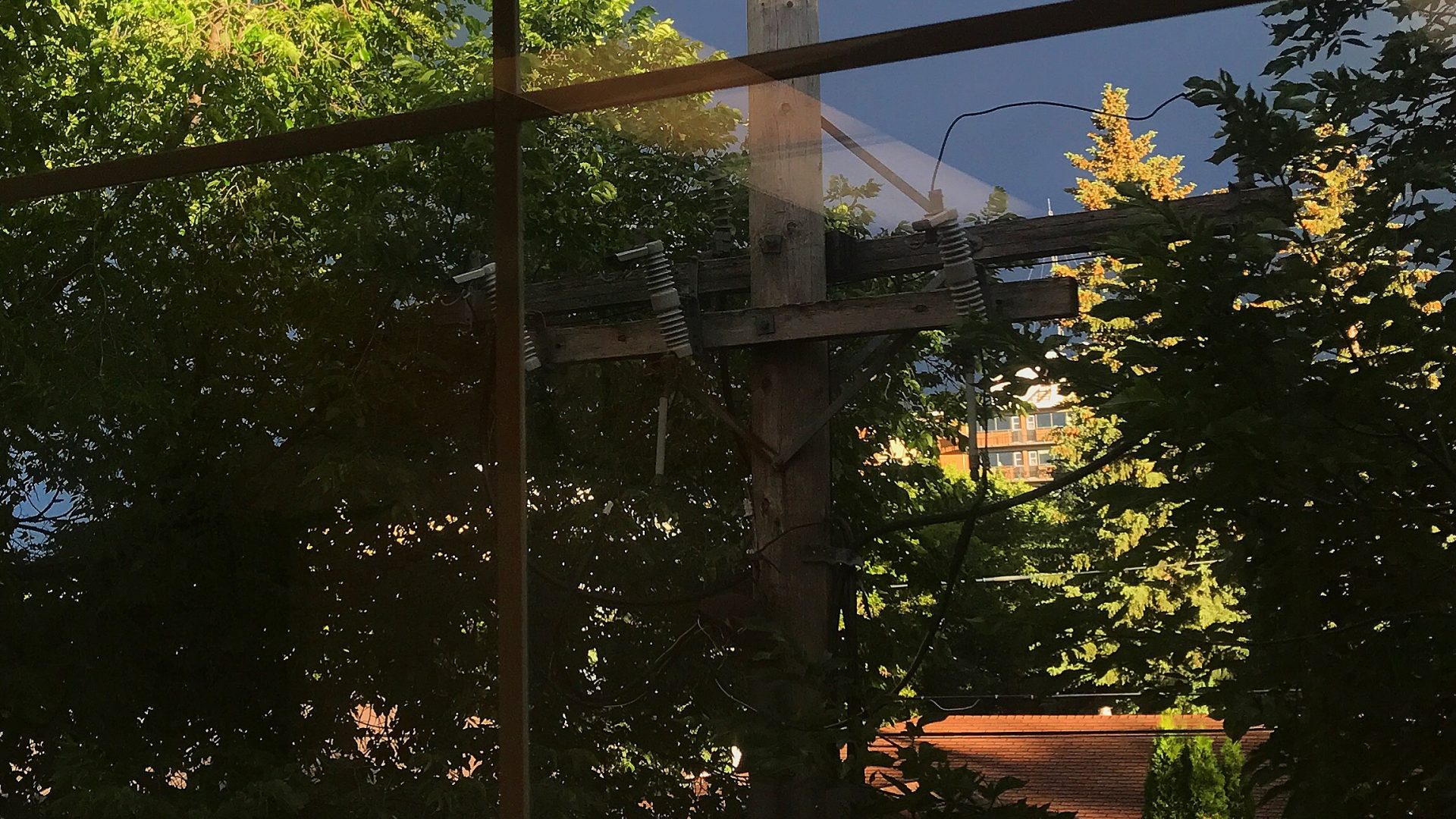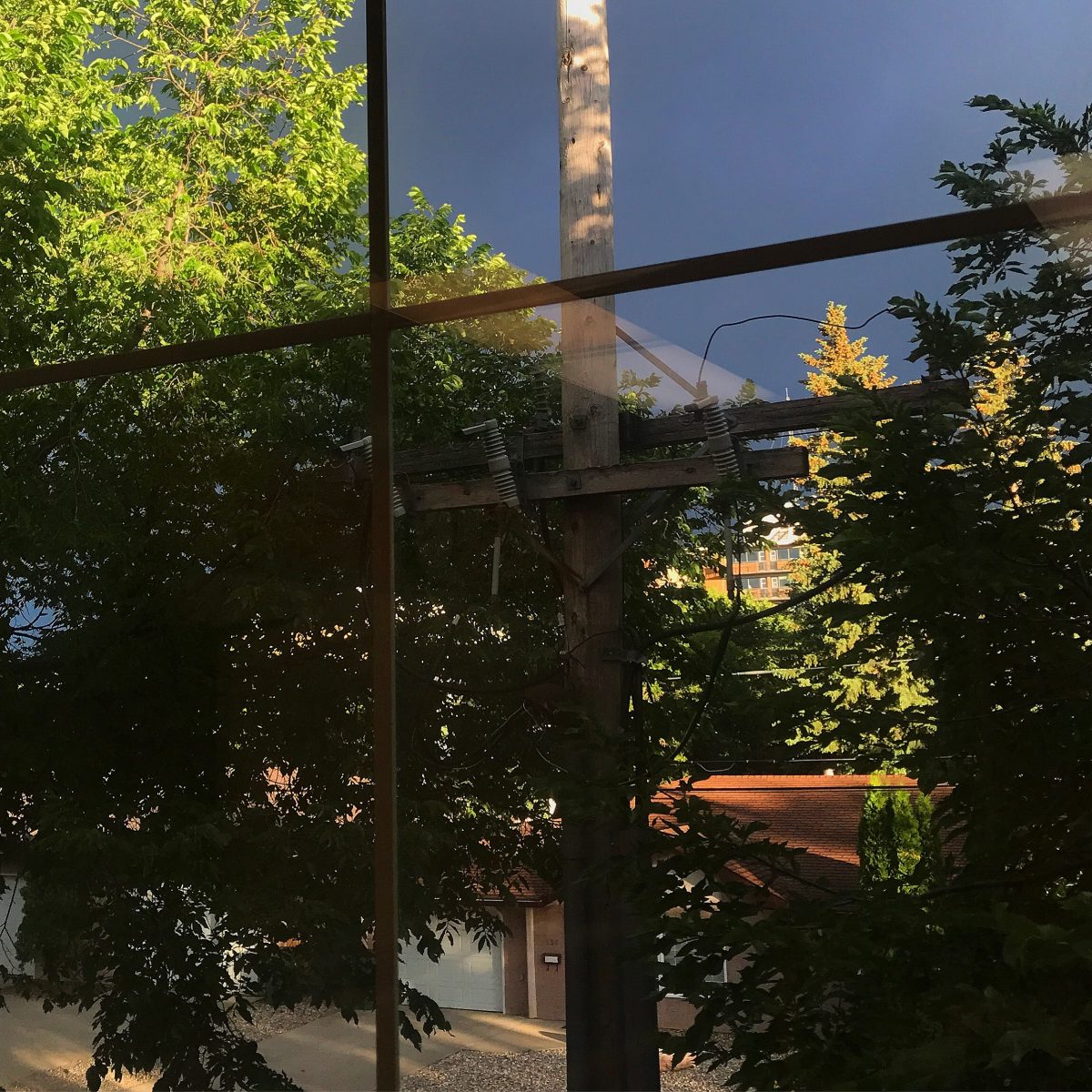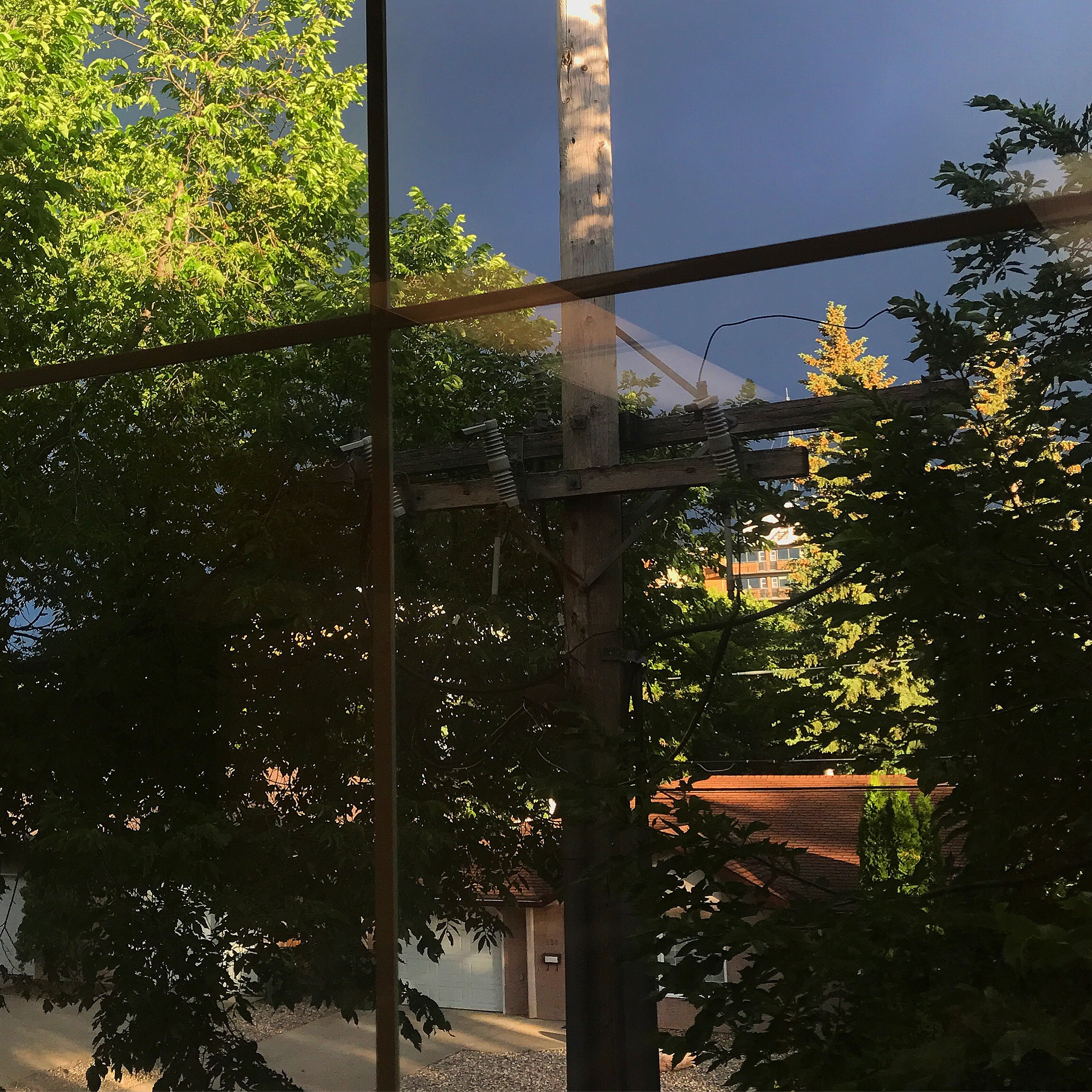Language of Hope
A few days ago while scrolling through a social media site, I noticed that a student I teach had posted a photo with, what I consider to be, an offensive word. It is not uncommon for me to connect with students on some social networking sites. I am as selective about who I connect with as I hope and try to instil students to be. What made me pause when viewing the post was the word ‘retarded.’
My finger hovered over the unfollow button. I fumed.
I have known the student, Mack, for many years. We have navigated many, many difficult conversations. We have navigated many moments of crisis. We trust each other.
Maybe that’s why Mack’s comment, public or not, stung. I could not understand his cruelty. Or what I assumed to be his cruelty.
It’s not that I simply don’t allow the word in our classroom, I explain its meanings and interpretations, and I have explained, why there is almost never a place, situation, event, or time suitable to use the word. And I share many stories of experience about how this language is harmful.
That day, in my pause, I sat on the edge of the bathtub, paintbrush in hand, having taken a break, having checked the site, my finger continuing to hover over the unfollow tab.
But I genuinely care about this young person. And what, other than fuelling my own privileged sense of justice, does stepping away silently, and yes, fuming too, serve?
I continued painting, cutting-in around the ceiling, taking time, climbing up and down the step stool.
Hmm.
After a while I sent the student a private message and asked for clarification of the wording of his post. He replied simply, after offering a definition of the word, sharing that it means, “a bad person.”
I replied “No it does not.”
~
I set my phone down again and sat on the edge of the tub again.
And so far, all of this journey was too simple. I understood I was telling, not attending to his stories of experience. Too, I was not attending to my own stories of experience.
I sighed.
~
Last week I lunched with a colleague. We shared many stories of experience. Our sharing often returned to the mad-dash made by those within educational landscapes towards a singular social justice way of knowing. During lunch, my friend & I spoke of the importance of attending to all stories of experience.
Yet, there I was. Sitting and fuming, tapping directives into my device. I had no desire to carry forward a singular way of knowing that would silence others, nor did I wish to lead in this space, when I had not entered through the opener of story, through trust.
I sighed again and reached again for my phone.
Years ago I was married. Those who stood up for me where an eclectic group of women I referred to as my sister people, each family in some lovely way. One sister person, a cognitively challenged woman, only a few years younger than I, was often mistaken for quite youthful. I have known her almost my entire life. Her mom is near to a second mom to me. Only once did her mom speak of the cruelty of living in a world where people are deliberately harmful with their words and more so lackadaisical with them too.
My beautiful sister people.
Truth: I was six months into my first teaching position before I truly allowed the depth and breath of being a language educator to resonate.
I began to ask myself the question I was posing to students. Does language always matter? I began to wonder, was the language fight my fight to fight, like it is and was, and in the same way, and remains to be for my sister person’s mom? Honestly, in the beginning I was foggy on the ownership of this life/issue.
I have lived alongside hundreds of young people. I have shared family stories with those I teach. Students have shared their experiences with me too. My Dad and daughter have often met the students I’ve known. We have journeyed together: cheering at ball tounaments, smiling at open mics, helping to paint classrooms, and hauling boxes into schools.
I am no different with Dad & my daughter, than I am teaching a mini-lesson, or alone hiking a prairie hillside. In all landscapes of my life, I am fierce and I am kind. I am always me/mom/teacher. And I am reflective.
To all who have walked alongside me, they know that for me, others telling stories of me is a painful space.
I am thinking deeply about how others have told stories of me. I am thinking about my elementry and high school experiences, others telling stories of me through perceptions of my behaviours and my learning disabilities.
I have spent a life reliving and retelling the stories others tell.
~ Not stupid. Not busy. Not wrong. Not obstanant. Not rude. Not mean. Not loud. Not silent. Not. Not. Not. Not.
I returned to think deeply with the stories of Mack’s experience. I recalled when we had journeyed the Native Studies 10 course a few years ago, his worldview shifting as we inquired together. He would often send texts and screenshots of moments when he would address oppressive language/statememts made by his peers, even his family, as his own understandings grew.
I sighed. Tap. Tap. Tap….
“Mack, let’s talk about how, for you and others, that word might be understood and used.”
~
Honestly. I wanted to block Mack. I wanted to avoid a tough talk where I had no script. I had hoped Mack would simply learn that language is the most powerful force for change on the globe simply by reading my mind.
Language changes the world through our continuing reflection and discussion of its complex meanings and uses.
From those moments I came to teach English Language Arts courses all those years ago, I understood I must come as a Language educator.
During our dissucussion Mack remembered that the ‘r’ word is a word that I don’t allow in our learning space. I am thinking deeply too with the unfolding of that July day. I was painting my bathroom and dripping sweat. I am as fiercely blunt out of school as I am with students every day of our ten month year. My Mom says kids always know when teachers are fake. I think there’s a teaching there. This work is living work. Deeply meaningful, unscripted, and in the moment. Julys’s work too.
Maybe this is why I messaged. Because I trust my student. Because I know he trusts me. Because I already knew he was in a tractor somewhere and he already knew I was eyeball deep in blue paint, tackling a bathroom renovation. Because, we two, we trust the space between us.
Maybe that pause, is the trust that is the rootedness of our language of hope.



Thank you. For remembering. For caring. For understanding that words and our use of them matter.
Thank you for leading by example.
Whoever is silently watching is an acomplice. Thank you for your courage in defending the victims of those words now and in the future.